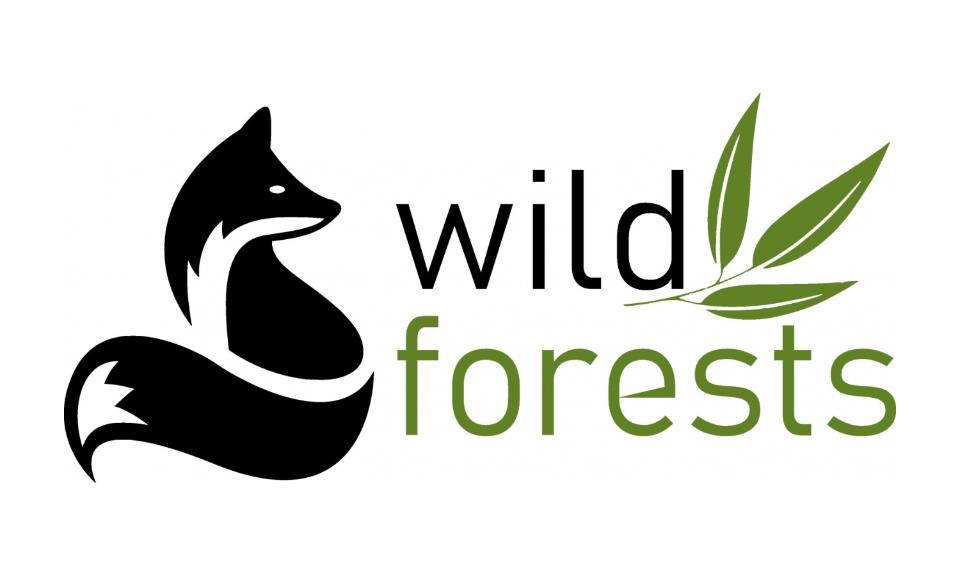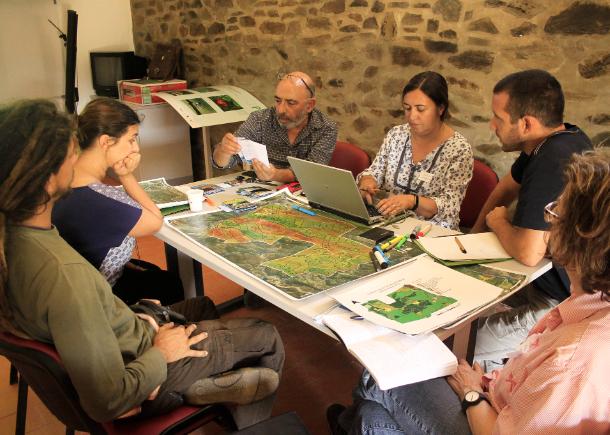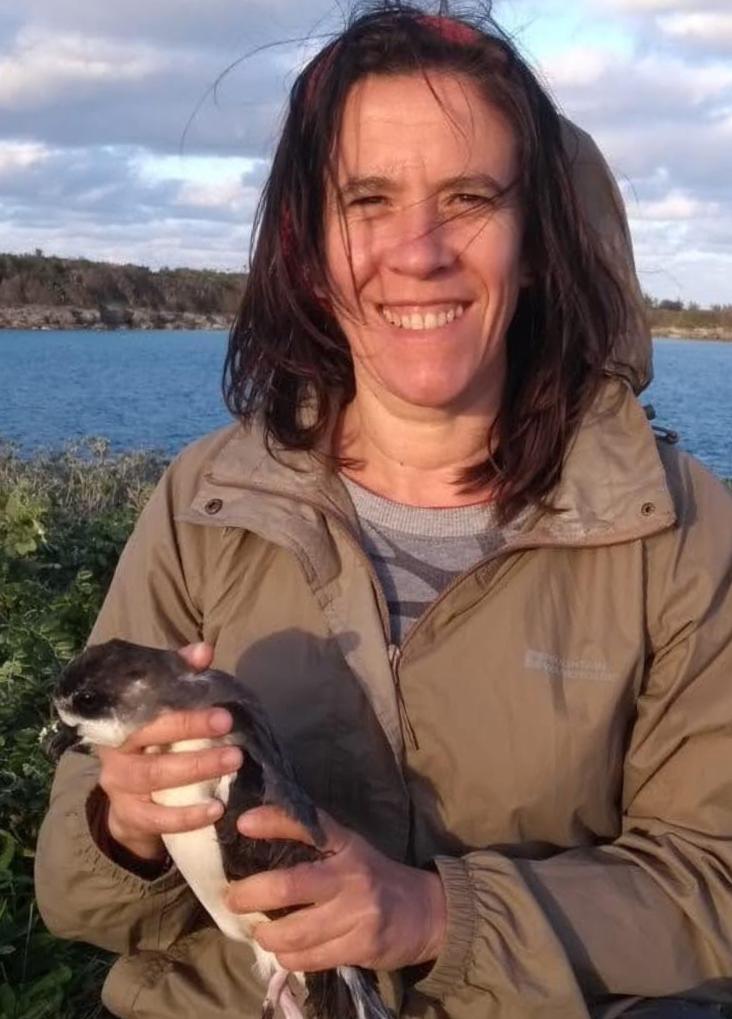
Summary:
Conversion of native ecosystems to agriculture, agro-forestry or forestry systems is considered a major threat to biodiversity, since it induces changes in the composition and structure of communities, and likely the modification of ecological processes. Despite its negative effects, converted systems can still sustain wildlife populations, including some of menaced species, which manage to adapt to new conditions. However, it is yet unclear which mechanisms/processes allow populations to persist in these systems and how they interact. Increasingly important worldwide are forestry plantations outside its native range, such as exotic Eucalyptus production forests (EPF) that cover nowadays >20 million ha. In Portugal, EPF cover ca. 811000 ha, representing 8.8% of the country’s territory and 26% of all Portuguese forests. Moreover, Portuguese EPF represent ca. 49% of all European EPF. By using a novel multidrivers framework, WildForests core aim is to assess the potential of EPF to become part of a conservation tool-kit, being based on a new multidisciplinary framework that integrates molecular and spatial ecology and fitness indicators with population dynamics, trophic networks and ecological modeling.
The overall objectives of WildForests are to understand the impacts of EPF in wildlife populations’ patterns, processes and their persistence (e.g. density, body condition, trophic networks, habitat use) and to explore how ecological processes can be integrated into management to maximize biodiversity and populations’ persistence in economically viable, certificate and functional EPF. The fulfilment of such goals will contribute to achieve a functional production landscape by maintaining ecological processes. To achieve the above mentioned goals WildForests will use mammals as the model group and analysis will be based on functional groups, to allow linking the contribution of functional traits to ecosystem processes and services delivery, and extrapolating results to EPF with distinct guild compositions.
We also expect that WildForests will contribute to FAO and EU Agro-environmental strategic policies, and to the Portuguese government “Compromise for a Green Economical Grow” goals of Greening the Economy with Agriculture (GEA), which seeks to contribute to the definition and implementation of the green economy in the context of sustainable development through the mobilization of the food and agriculture sector. Thus, WildForests will contribute to the GEA strategy by providing a set of forestry sustainability indicators and a good practices toolkit.
Keywords:
Eucalyptus Plantations; Mammals; Spatial ecology; Functional Conservation; Sustainability of production
Funding Institution:
Science and Technology Foundation - REF. POCI-01-0145-FEDER-028204.
Partners:
Project leader: Carlos Fonseca (CESAM/UA);
Project team: Carlos Fonseca (IR; CESAM/UA), Luís Miguel Rosalino (Co-IR; CE3C/FCUL), Tânia Barros ( CESAM/UA), Eduardo Ferreira ( CESAM/UA), Joaquim P. Ferreira (CESAM/UA) Daniela Teixeira( CESAM/UA), Mónica V. Cunha (INIAV, CE3C/FCUL), Andreia Freitas (INIAV), Luciano Martins Verdade (CENA/USP), Gurutzeta Guillera-Arroita (UniMelb);
Project partners: Centre for Environmental and Marine Studies/Univ. Aveiro (CESAM/UA), National Institute for Agrarian and Veterinarian Research (INIAV), Centre for Ecology, Evolution and Environmental Changes/Faculty of Sciences of the University of Lisbon (CE3C/FCUL, University of Melbourne (UniMelb, Australia) and Center of Nuclear Energy in Agriculture/University of São Paulo (CENA/USP, Brazil).





